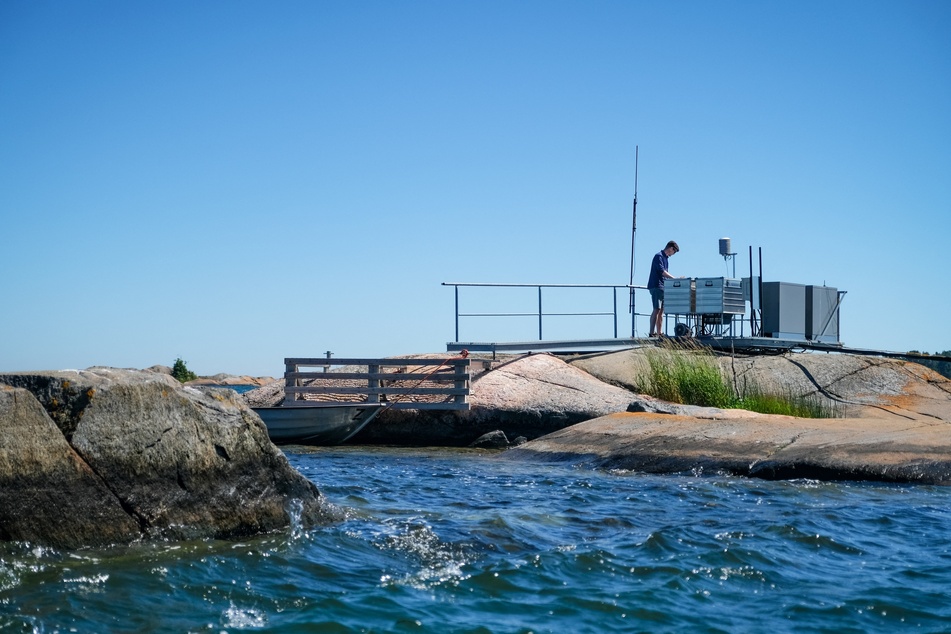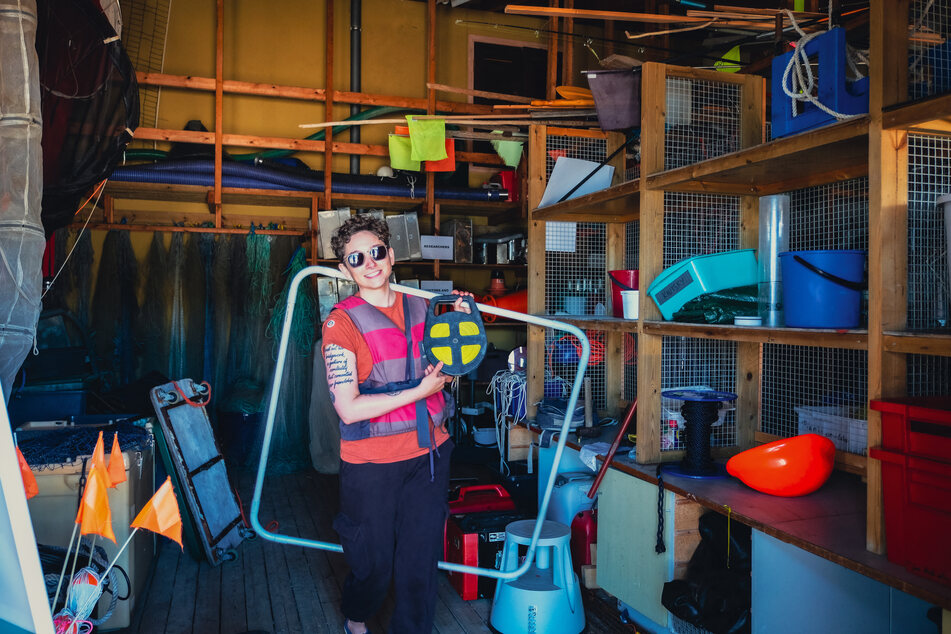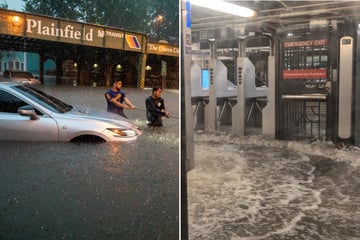Warming Baltic Sea is a red flag for global oceans
Hanko, Finland - Climate change combined with pollution from farming and forestry could flip northern Europe's Baltic Sea from being a sponge for CO2 to a source of the planet-warming gas, scientists told AFP.

This should be a red flag, they warned, noting that other coastal marine zones around the world are trending in the same direction.
"We are at the forefront of these changes," said University of Helsinki professor Alf Norkko.
The Baltic Sea – connected to the Atlantic by the straights of Denmark, and surrounded by Germany, Poland, Finland, Sweden, and the Baltic states – has warmed at twice the pace of global oceans generally.
Its relatively shallow waters are extremely sensitive to changes in the environment and climate.
AFP recently accompanied Norkko, who leads the largest marine research station in the Baltic Sea, and some of his colleagues on a research excursion to the Finnish waterfront town of Hanko.
Slender terns dart above the lush marsh-like landscape surrounding the over 120-year-old field station, a common sight along Finland's 680-mile coastline, which is dotted by more than 81,000 islands.
Measurements conducted since 1926 show that average sea temperature has spiked by two degrees Celsius over the last 30 years.
"The Baltic Sea is basically a small bathtub compared to the global oceans," said doctoral researcher Norman Gobeler, an expert on marine heatwaves.
"We are seeing the first effects of the temperature increase."
Marine ecosystems are being linked to climate change

During one foray into the field, coastal ecologist and doctoral researcher Margaret Williamson – sporting waist-high waders and sunglasses – moved through a swaying, green reedbed collecting stems, roots, and soil to measure CO2 levels.
"The Baltic Sea is really important for understanding what climate change is doing worldwide," said Williamson, who is part of a joint research project with Helsinki and Stockholm universities.
Many coastal areas across the globe – coral reefs, estuaries, and mangrove forests – are among the planet's richest biodiversity hotspots, providing vital nurseries and habitats for hundreds of marine species.
They are also the most vulnerable to the kind of changes observed in the Baltic.
Up to now, oceans have been our most important natural ally in coping with global warming.
Over decades, they have consistently absorbed 90% of the heat generated by human-induced climate change, and about a quarter of the carbon dioxide humanity injects into the atmosphere.
But scientists say there is a lot we do not know about the capacity of oceans to continue serving as "sinks," or sponges, for our carbon pollution, Norkko noted.
"There has been a lot of emphasis on terrestrial forests' role as carbon sinks," he said.
"Our coasts and oceans have been ignored. The question is, how much further the oceans can take of all these stressors?"
Cover photo: Alessandro RAMPAZZO / AFP
